Ground-breaking blood test shows promise for early detection of head & neck and other hard-to-screen cancers
A new large-scale trial has found that the blood-based screening test known as Galleri test can detect more than 50 types of cancer – including cancers of the head and neck, which currently have no routine screening programme – and may significantly boost early diagnosis.
The trial showed that, when used alongside existing screening methods, the test identified cancers at an early, more treatable stage, and correctly ruled out cancer in over 99% of individuals without disease.
Key findings
- In a cohort of more than 23,000 adults with at least 12 months’ follow-up, the addition of the Galleri test to standard screening increased cancer detection by more than seven-fold.
- Over 53% of cancers detected by the test were at Stage I or II, when outcomes tend to be better.
- The test pinpointed the organ or tissue origin of the cancer signal in 92% of cases.
- Importantly for our community, the test is capable of detecting cancers such as head and neck, pancreatic, ovarian, liver and stomach – many of which currently lack screening programmes.
Why this matters for head & neck cancer
Head and neck cancers are often diagnosed late, when treatment options are more limited and outcomes poorer. A screening approach that might flag these tumours earlier could be transformational. As the trial authors noted: detecting cancer before symptoms appear – when it is more likely to be curable – is a fundamental shift in how we think about diagnosis.
What it doesn’t (yet) do
While the results are promising, this test is not a standalone diagnostic tool and more evidence is needed on whether it will reduce mortality (i.e., deaths) from cancer. Experts caution that detection is only the first step; outcome benefits must be demonstrated.
The UK-based trial of the Galleri test (the NHS‑Galleri trial) is ongoing and involves around 140,000 participants aged 50–77. Early results are expected in the coming year.
Quote from our CEO
“For many people affected by head and neck cancer, the biggest barrier is that the disease is found too late. This research offers a glimpse of a future where a simple blood test might detect such cancers when treatment success is highest. We look forward to the upcoming UK trial results and stand ready to champion innovation that improves outcomes for our community.”
– Gareth Thomas, interim CEO, Oracle Head & Neck Cancer UK
Next steps
- We will continue to monitor the results of the NHS-Galleri trial and other research to assess how and when this type of screening might be implemented in the UK.
- Our organisation is committed to raising awareness that early detection saves lives – especially for cancers like head and neck which currently lack screening.
- We encourage people to continue their usual cancer-prevention behaviours (avoiding tobacco, getting HPV vaccination where eligible) and to seek medical advice for any persistent symptoms.
For more detailed information about the Galleri trial, visit NHS-Galleri trial website.

2 Minutes to Save Your Life: Oracle Launches HeadNeckCheck Campaign for Make Sense Week
This Make Sense Week (15-20 September), the European-wide head and neck cancer awareness initiative, Oracle Head & Neck Cancer UK, is championing both prevention and early detection – recognising that stopping cancer before it starts is just as vital as catching it early. Two Ways to Fight Cancer This Week Prevention Today: Head and neck…
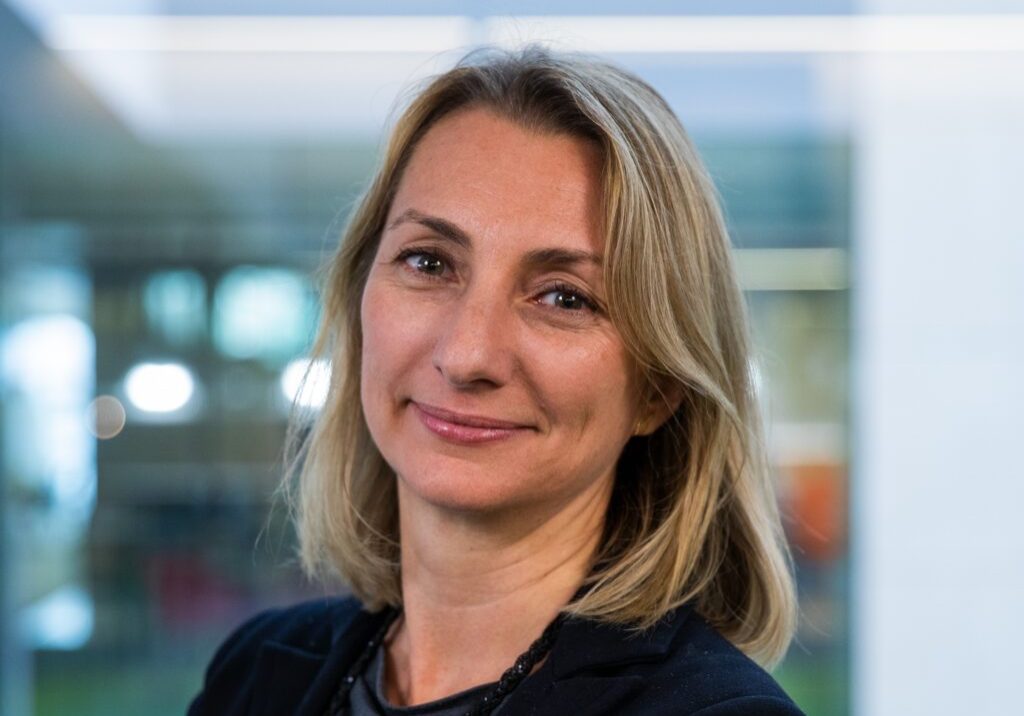
Leadership update
After four successful years as CEO, Tamara Kahn has transformed Oracle into a respected national voice for head and neck cancer patients. She established a national presence, created a four-pillar RACE strategy (Research, Awareness, Collaboration and Patient/Community Engagement) and built strong policy influence. With these foundations now firmly in place, Tamara will transition from her…

Finding Light in Adversity: Seven inspiring stories through head and neck cancer
A new collection of patient stories from Oracle Head and Neck Cancer UK reveals how individuals facing head and neck cancer have discovered unexpected sources of strength, purpose and even joy during their treatment and recovery. The seven contributors share remarkably similar themes despite their unique journeys. Almost all emphasise the power of maintaining a…
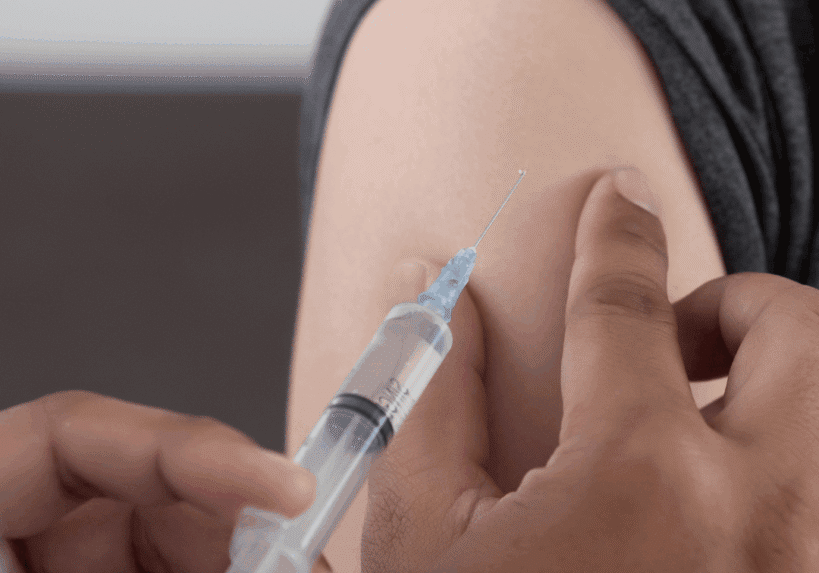
NHS to fast-track patients with head and neck cancer into cancer vaccine trial
Patients with advanced head and neck cancers in England will be fast-tracked into a trial of a new cancer vaccine, as the NHS expands its world-leading trial ‘match-making’ service. The investigational cancer vaccine uses mRNA technology to help the immune system recognise and kill cancer cells containing human papillomavirus proteins. More than 100 patients with advanced head…
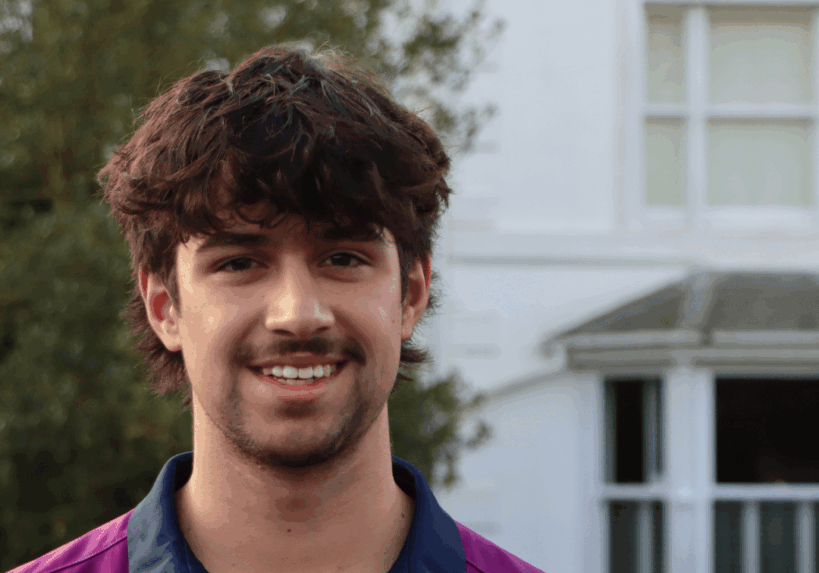
World Head and Neck Cancer Awareness Day 2025: The HPV Vaccine Could Save Your Life
27th July 2025 This World Head and Neck Cancer Awareness Day, Oracle Head and Neck Cancer UK has a simple but urgent message: HPV vaccination saves lives. With HPV-related head and neck cancers having doubled in the past 20 years, the charity is using today to remind the public that these devastating cancers are preventable…

Data from the National Disease Registration Service on HPV associated and HPV independent oropharyngeal squamous cell carcinoma
The Get Data Out Programme from the National Disease Registration Service (NDRS), part of NHS England, has published statistics on incidence, routes to diagnosis and treatment for patients diagnosed with oropharyngeal cancer in England by human papillomavirus (HPV) status. To our knowledge this is the first time data on oropharyngeal cancer by HPV status has…
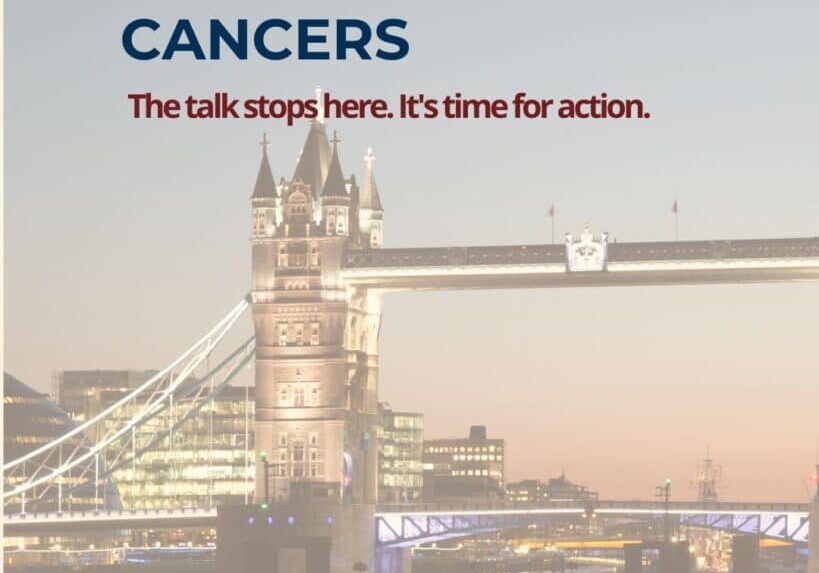
Join Us for an Evening of Research, Impact, and Conversation
Research & Impact EveningDate: Monday 28th April 2025Time: 6:00 PM – 8:30 PMVenue: Skyline, Tower Suites, 100 Minories, London EC3N 1JY A Celebration of Research Join us for a meaningful and action-focused evening where we’ll be diving into some of the big conversations around head and neck cancer – especially those linked to HPV (human…

What the Rare Cancers Bill Means for Head & Neck Cancer
14 March marked a crucial moment for research into rare cancers, as the Rare Cancers Bill took another significant step toward becoming law! Dr. Scott Arthur, a Labour MP, introduced this legislation in Parliament to drive much-needed research into cancers affecting fewer than 1 in 2000 people in the UK – including many types of…

Theatre Meets Healthcare: Breaking Barriers in Cancer Conversations
In Leicester, theatre is transforming how Black communities talk about cancer. Oracle Head & Neck Cancer UK, alongside Theatre Sans Frontières, is using interactive Forum Theatre to tackle stigma, improve healthcare conversations, and break down cultural barriers. Actors bring real-life cancer diagnosis experiences to the stage – but the audience isn’t just watching. They step in, suggest changes, and…
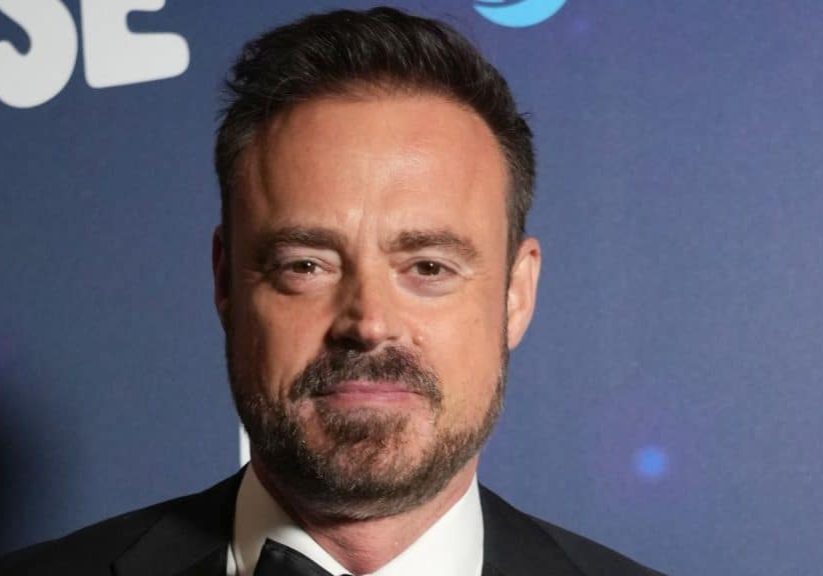
Jamie Theakston Announces He is Cancer-Free After Laryngeal Cancer Treatment
Heart Breakfast’s much-loved presenter, Jamie Theakston, has shared the incredible news that he is now cancer free! After completing treatment for stage one laryngeal cancer – cancer of the voice box (larynx), Jamie made his highly anticipated return to the airwaves today, reuniting with listeners and co-hosts alike. Diagnosed in September 2024, Jamie initially thought…



